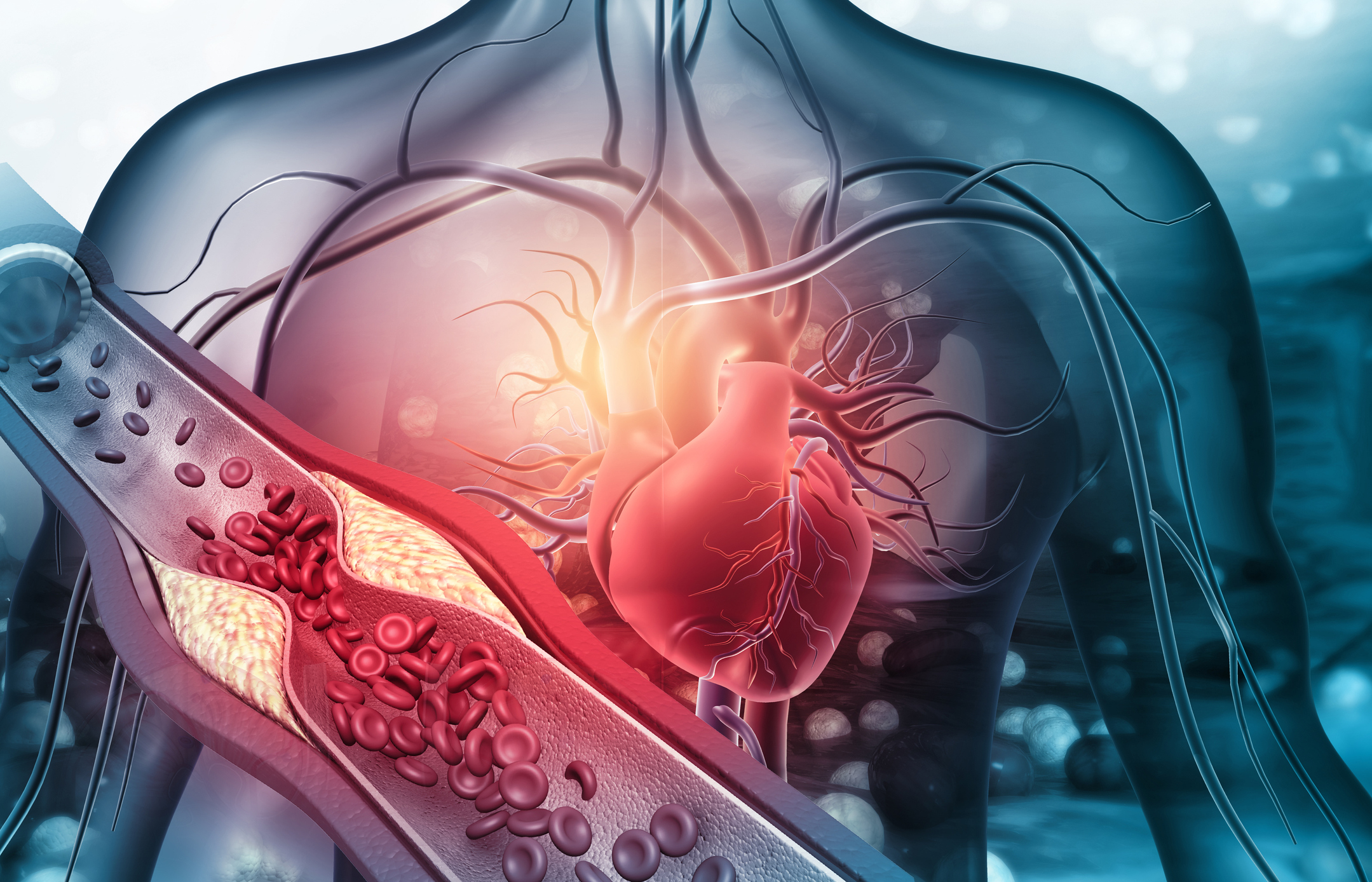Get Easy Health Digest™ in your inbox and don’t miss a thing when you subscribe today. Plus, get the free bonus report, Mother Nature’s Tips, Tricks and Remedies for Cholesterol, Blood Pressure & Blood Sugar as my way of saying welcome to the community!
The truth about HDL: ‘Good cholesterol’ isn’t so good

For years we’ve been told that to protect our heart health, we need to watch our cholesterol, keeping our so-called “bad” cholesterol down and our “good” cholesterol up.
But what if that advice was wrong?
What if that “good” cholesterol that your doctor told you would help wasn’t so good after all?
That’s exactly the news out of a brand new study…
Good versus bad cholesterol
Although you’ve probably heard the terms before, we’re going to take a quick dive into just what has been considered good versus bad cholesterol.
You see, when you get a cholesterol panel at your doctor’s office, it looks at two measurements:
- Your LDL or “bad” cholesterol – These Low-Density Lipoprotein molecules are bad for your heart because they collect inside the walls of your blood vessels and block blood flow.
- Your HDL or what they call “good” cholesterol – These High-Density Lipoprotein molecules were thought to be heart-healthy because they could carry cholesterol away from your arteries and back to your liver to be eliminated.
Yet, according to researchers in Barcelona, Spain, all HDL is not the same.
Only small particle HDL is good for the heart
There’s always been an unexplained paradox in the treatment of cholesterol issues. While drugs that lowered LDL cholesterol resulted in a lower risk of heart disease, drugs that raised HDL have never shown a protective effect on the heart.
And now we know why…
The study, led by the Hospital del Mar Medical Research Institute (IMIM), published in the journal Metabolism, Clinical and Experimental, has demonstrated that not all good cholesterol is healthy — and it comes down to particle size.
In the work, the researchers analyzed genetic characteristics that determine the size of good cholesterol particles, and then studied their relationship with the risk of myocardial infarction (heart attack).
Their conclusion? People with large HDL particles are at increased risk for heart attack, while only small HDL particles actually decrease risk. “There is a positive causal relationship between the size of HDL cholesterol particles and the risk of heart attack, so although we have to increase the levels of good cholesterol in the blood, they must always be small particles,” explains the study’s principal investigator, Dr. Robert Elosua, a researcher at the Hospital del Mar-IMIM, CIBERCV, and the University of Vic-Central University of Catalonia (UVic-UCC).
“If we need to do something in relation to HDL, it is to increase the number of small particles, which are those that adequately perform the function of eliminating cholesterol, those that really move it to the liver for removal, and do not allow it to accumulate in the arteries and cause cardiovascular disease,” says Dr. Álvaro Hernáez, a IDIBAPS and CIBEROBN researcher.
Currently, there are no drugs that can do that.
A healthy heart requires good flow
I know this information is very disappointing. After all, medications aside, we’re told to focus on eating foods that promote good HDL cholesterol. So now, to learn that’s not enough — and to be hit with news that a genetic factor could stand in your way of having ideal “small particle” HDL, well, it’s a lot to take in.
But don’t let it get you down. It is still important to eat right. It’s important to be active and get some heart-healthy exercise every day. If you’re on medications, you shouldn’t ditch them.
But this is also an opportunity to consider safe, natural and effective dietary options that can promote healthy arteries, healthy blood flow and ultimately a healthier heart. You might want to talk to your doctor about that.
One of them is an enzyme known as nattokinase — discovered four decades ago by a Japanese researcher who found it had the power to support healthy blood flow. Nattokinase is an enzyme that naturally occurs in a staple of Japanese cuisine — a dish called natto made with fermented soybeans — and that has to ability to dissolve fibrin, the mesh-like material your body uses to clot blood.
Natto is not a dish most Americans enjoy. I’ve tried it and its texture is too slimy for my liking. But when I first began health research years ago, I found that nattokinase was available in supplement form.
Editor’s note: There are perfectly safe and natural ways to decrease your risk of blood clots including the 25-cent vitamin, the nutrient that acts as a natural blood thinner and the powerful herb that helps clear plaque. To discover these and other secrets of long-lived hearts, click here for Hushed Up Natural Heart Cures and Common Misconceptions of Popular Heart Treatments!
Sources:
LDL Cholesterol — WebMD
HDL (Good), LDL (Bad) Cholesterol and Triglycerides — American Heart Association
‘Good’ cholesterol not as healthy as thought, could raise heart attack risk — StudyFinds












